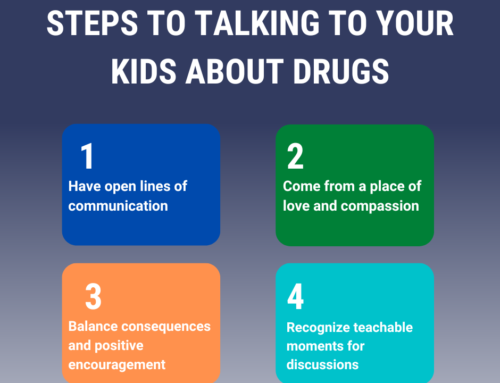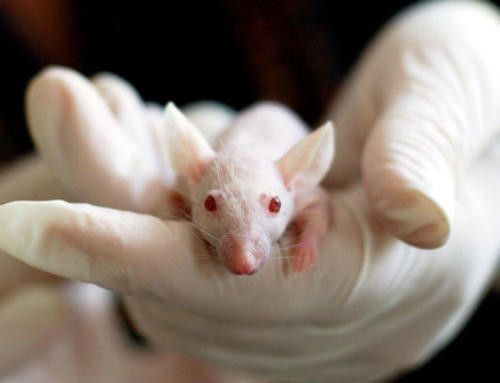Addiction is the repeated involvement with an activity or substance despite negative consequences directly related to the substance use or activity. People who suffer from addiction often dream of a sober life. Family and friends beg them to just simply stop using, but they’re unable or unwilling to do it. Many people who battle addiction have a genuine desire to stop using, and they often have guilt or remorse for breaking promises to do so they made with their loved ones.
To the people around them, it seems the addicted person has lost control of their life, but but often, this isn’t the case. Despite being truly addicted to a substance, most individuals do maintain limits. For example, someone with a meth problem may have no qualms about stealing from a stranger to buy drugs, but they would rather go through cold turkey withdrawal than steal money from their family, or someone with a drinking problem will drink excessively, but not if they’re going to see their grandchildren the next day.
Seeing these limits, often based on relationships with family or friends, can be baffling to those same people. If the addicted individual cares so much, why won’t they just stop using? While it’s possible that a person has truly lost control of their life and their behavior, but the more likely scenario is that, because they’re in the grips of addiction, their ability to control their cravings is greatly decreased.
Some people who struggle with addiction believe that they have no more control over their actions, and that only a higher power, like God or medicine, can save them from themselves. Others experience an extreme difficulty resisting strong cravings, and for those with chemical dependencies, the urges and cravings are often so powerful that the body is physically compelled to use, and the addicted gives in. In both cases, to some degree, a loss of self-control occurs due to a lack of consideration for the long-term consequences of continuing substance abuse.
When we eat too much, we don’t immediately put on two pant sizes. When we smoke a cigarette, we don’t immediately develop lung cancer. When actions with serious negative consequences don’t immediately affect us, we can get lost in the ‘rush’ of doing something that feels good at the time without thinking about what’s going to happen down the road. To regain some sense of self control over your addiction, you have to learn to consider the long-term consequences of your actions and choices, rather than considering the immediate pleasure.
We know how important the right treatment is for you. That is why at The Springboard Center, we are providing the best possible treatment programs for recovery from addiction and alcoholism. Serving the Permian Basin, our treatment center offers the comforts of home while providing quality clinical care. Call us today for more information: (432) 620-0255




